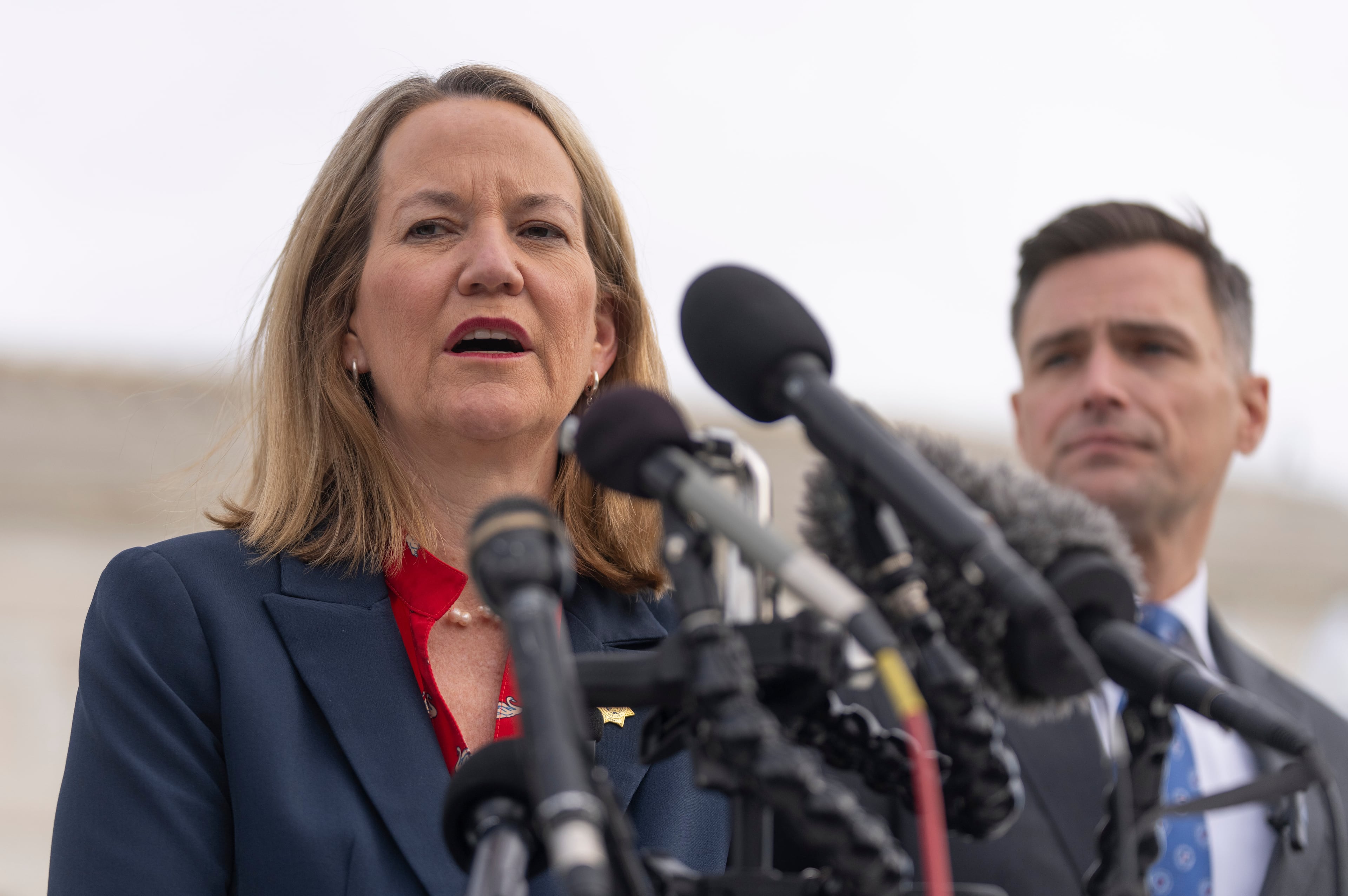CDC Foundation hit by layoffs

The CDC Foundation, an Atlanta-based nonprofit that bolsters the work of the federal Centers for Disease Control and Prevention, laid off 32 people Thursday — adding to about 90 workers who lost their jobs a month ago.
The layoffs followed nationwide cuts to public health funding under the Trump administration.
The CDC Foundation was established by Congress to be a force multiplier for the CDC, through partnerships. It brings in new money from outside donations, and does additional health-related projects with outside partner organizations.
The foundation employs about 800 people, many of whom work around the nation on health projects or in health departments.
According to its most recent financial report, the foundation raised $230 million in 2023 with about $138 million of that from the federal government.
Foundation spokesperson Pierce Nelson emphasized in written statements to The Atlanta Journal-Constitution that the foundation’s workforce has ebbed and flowed over the years, along with funding. Nelson confirmed the recent layoffs, but said that the current workforce is down from about 4,000 at its height during the pandemic.
“Going forward, we are poised to continue work with our donors and partners as we provide vital support to our nation’s public health system, which is there to protect everyone in every community,” Nelson said.
The CDC Foundation was established by Congress in the 1990s and is involved in hundreds of projects around the world.
It has funded staff positions in local public health departments, helped with the American Medical Association’s annual flu vaccination campaign, worked against opioid abuse and for clean water on Native American reservations, and much more.
When the COVID-19 pandemic exposed the nation’s inadequate public health data system, the foundation funded data workers who helped plug holes across the country.
Bill Foege, a former CDC director who devised the strategy that eradicated smallpox, said he helped create the CDC Foundation because it wasn’t bound by the government’s diplomatic and bureaucratic constraints.
One example, he said, was when the CDC wanted to place a polio worker in Vietnam but couldn’t because the U.S. still had no diplomatic relations with that country. So the CDC Foundation paid a French epidemiologist to work in Vietnam and report to a person who worked at the CDC, Foege said.
“They can do things by working beyond the usual government restraints,” Foege said. “And so with the current government restraints, they become even more useful — except they are getting so much of their money from government that they’re losing their ability to keep people."
Foege said all the cuts to public health institutions that the nation spent decades building are hard to withstand. He said his hope is that the unusual circumstances will spark new alliances against disease and death.
“It’s becoming a weaker organization at a time when CDC needs more support rather than less support,” Foege said.
Cuts to public health funding by the Trump administration and the Department of Government Efficiency have had impact outside the federal government, as grant funding has been slashed. That has affected the foundation.
The Trump White House announced in March that it would claw back $11.4 billion in multi-year grants that the government had made to local health departments during the pandemic. Some of that money was to be used on local projects with the CDC Foundation.
Critics of the foundation allied with the Trump administration have cited years-old data in accusing the foundation of conflicts of interest. They said it takes donations from private industry, namely pharmaceutical companies.
The foundation responded to the accusations by saying pharma donations have totaled less than 3% of its revenues in recent years. The foundation said the donations that it did take have supported healthy programs such as emergency response and fighting sickle cell disease.
All the same, those criticisms found a powerful echo in the Project 2025 document that was developed last year at the Heritage Foundation as a blueprint for the incoming president.
“The CDC and NIH foundations, whose boards are populated with pharmaceutical company executives, need to be decommissioned,” the Project 2025 document says, referring to the National Institutes of Health.
The foundation says no one from any pharmaceutical company has sat on its board for the past 14 years.



